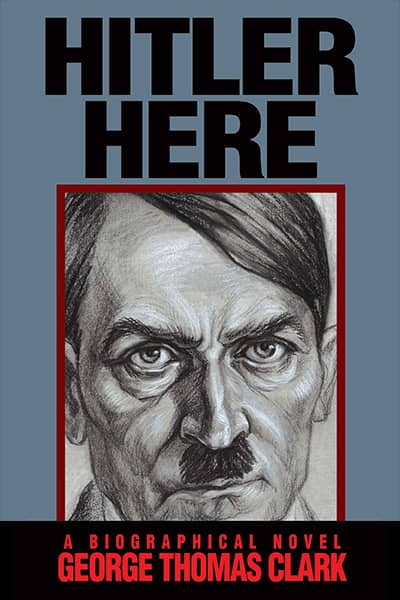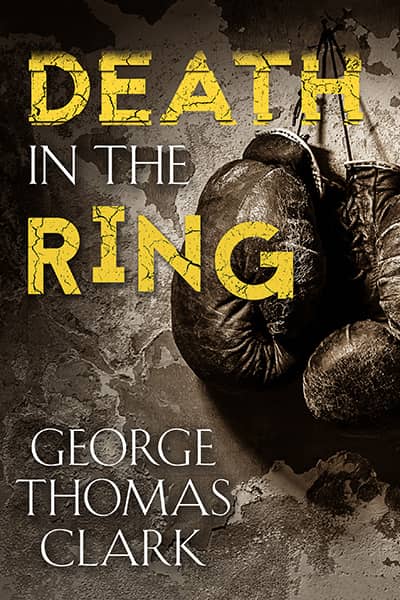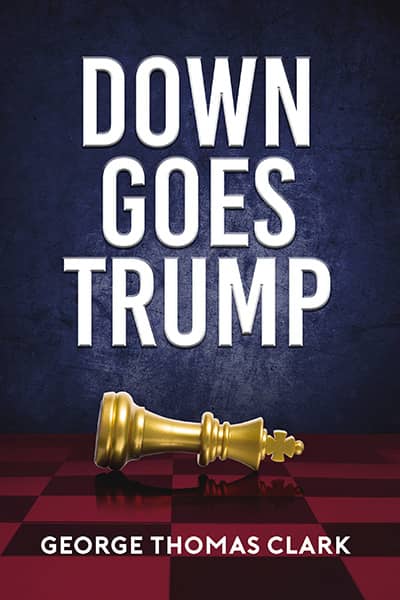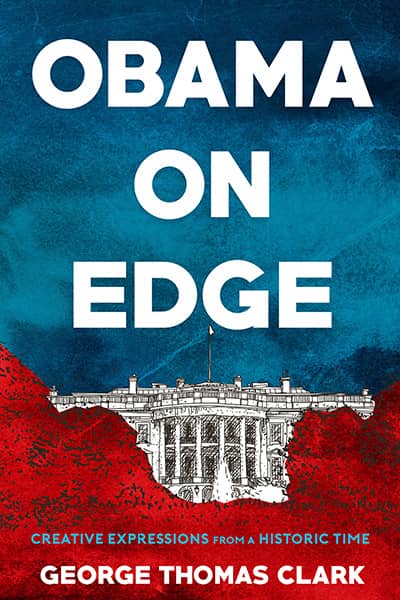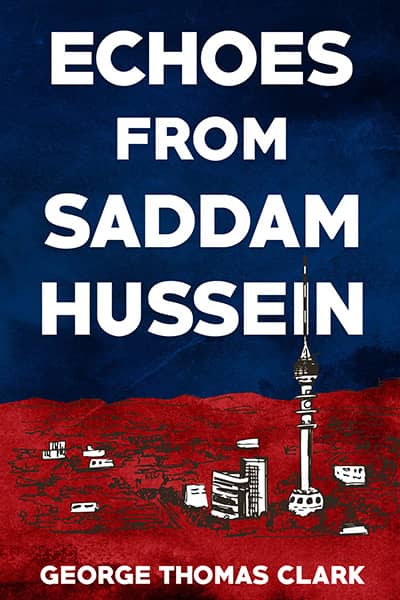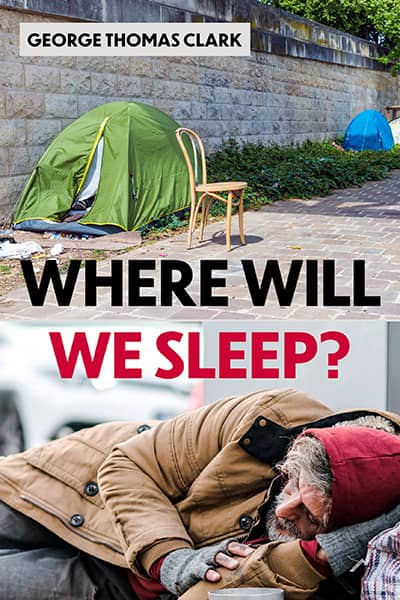Courageous Iraqis Prepare to Vote
January 30, 2005
It is most ironic that a historic political event in Iraq – the first free election – is, or should be, a fundamentally apolitical occurrence in the United States and other democratic countries. Today – January 30, 2005 – everyone who believes in liberty is in the same cheering section. For at least a day the endless and painful debate about the morality of superpower intervention can be set aside. There is an even more urgent issue: will Iraqis vote in sufficient numbers to establish that self-determination not merely exists but can be sustained in a region heretofore dominated by authoritarianism? Success in democratic endeavor invites a future of promise; failure assures disaster. Today is an appropriate occasion to remember that. Today, after all, is the 72nd anniversary of Adolf Hitler taking power in Germany.
The Iraqi people will face even greater voting dangers than post-World War I Germans, who went to the polls in large numbers but with little enthusiasm for democracy. In Iraq the insurgents, more terrified of change than of any foreign power, are daily threatening, shooting, bombing and beheading those who are running for office or planning to vote. Going to the polls is supporting the enemy, the insurgents claim. But who is the enemy? Is the United States really the ultimate adversary? The U.S. occupation may seem interminable, but it will end. Then who will be the enemies of the insurgents? We could ask, and they’d certainly tell us. They’ll continue to target all who seek to freely elect the nation’s leaders. Many of the insurgents, after a lifetime in power (with Saddam), are lathering to regain their stranglehold.
Liberated Iraqis themselves must naturally be the ones who overwhelm the reactionaries and maintain democratic control. Those are exceptionally difficult tasks. Would we in the United States have voted last November if our polling places had recently been bombed and the police stationed there gunned down? Would we have run for office if politicians had the casualty rates of soldiers in combat zones? A number will proclaim yes. We’ll be able to estimate about how many of us really would have participated after we tabulate the turnout in Iraq. Polls there – and right now there’s no point in questioning their accuracy – indicate fifty to sixty percent of the people in most areas want to vote. In the Sunni Triangle – heartland of Saddam-like insurgents – the number is doubtless much lower, a fact unfortunate for all, especially the Sunnis. As a minority they direly need a large turnout to gain effective representation in the National Assembly. Perhaps many Sunnis will be heartened that a number of seats have been reserved for them even if most don’t vote, and ballots could soon replace bullets as their primary implements of political expression.
On this day, however, three hundred thousand coalition and Iraqi troops and police must be in the streets and polling places. How brave the free Iraqi people are who will actually vote. How difficult it must be to face intimidation and murder today, and for awhile longer. The Iraqi people are likely ready for historic change. They, who have so long suffered on the battlefields and in their homes, often at the hands of a great power, are determined to rid themselves of tyrants and occupiers. Liberty is the only way. That they can claim this Election Day.
